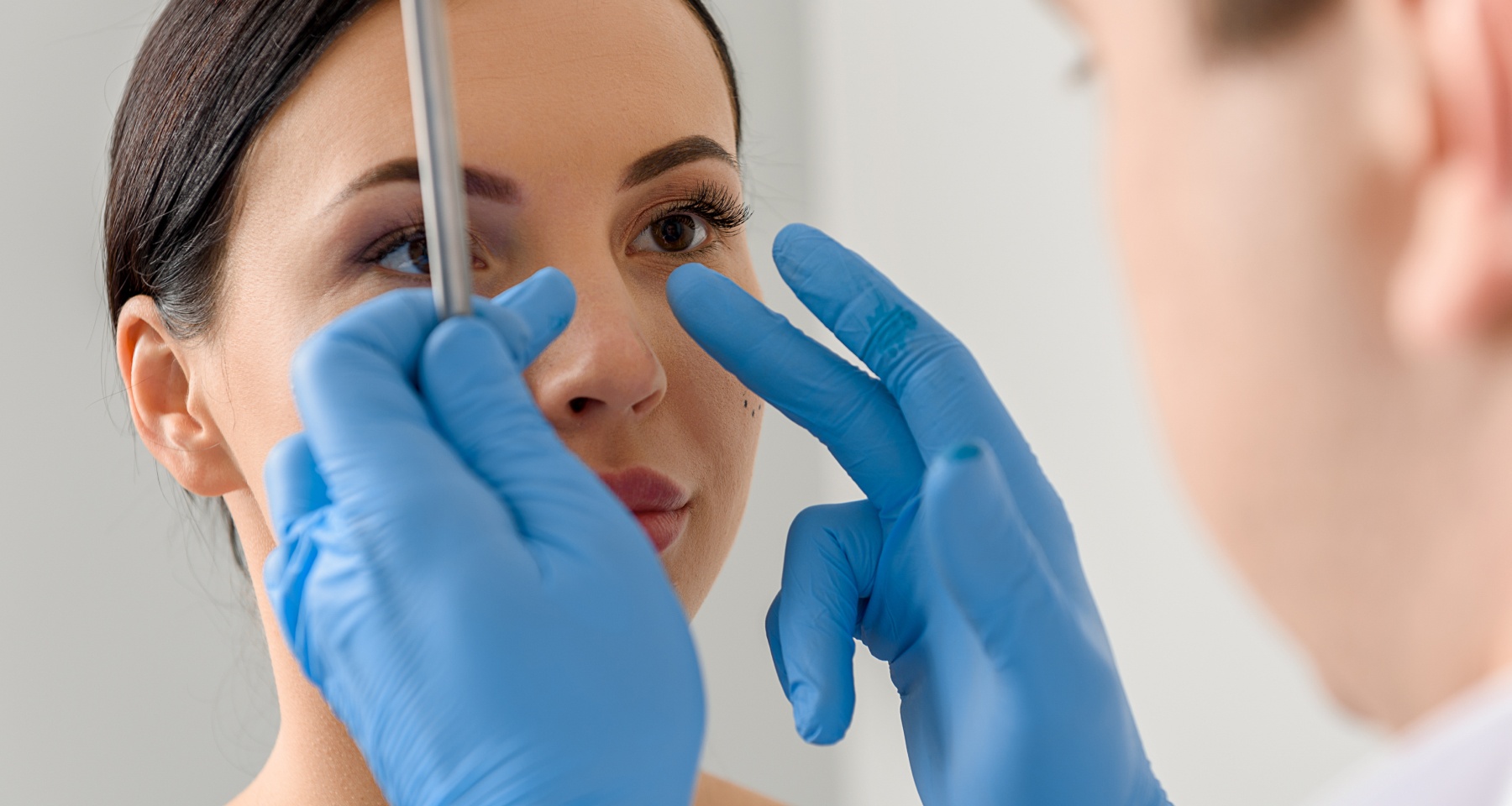Recovering comfortably and achieving the best possible results after rhinoplasty surgery in Riyadh requires diligent adherence to your surgeon's instructions and a proactive approach to self-care. The initial few weeks are crucial for healing, and understanding how to manage the recovery process will significantly contribute to a smoother experience. Here’s a comprehensive guide, aiming for approximately 666 words, on essential recovery tips following your rhinoplasty in Riyadh:

Immediate Post-Operative Period (First Week):
- Rest and Elevate: Prioritize rest in the initial days following surgery. Sleep on your back with your head elevated using several pillows. This helps to minimize swelling and bruising by promoting fluid drainage. Avoid lying flat on your stomach or side.
- Apply Cold Compresses: Gently apply cold compresses or ice packs wrapped in a thin cloth to your cheeks and around your eyes for the first 24-48 hours. This helps to reduce swelling and bruising. Apply for 15-20 minutes at a time, several times a day, as directed by your surgeon.
- Pain Management: Take prescribed pain medication as directed by your surgeon. Avoid over-the-counter pain relievers like ibuprofen or aspirin unless specifically approved, as they can increase bleeding.
- Keep Incisions Clean and Dry: Follow your surgeon’s instructions on how to care for your incisions. Keep them clean and dry to prevent infection. Avoid touching them unnecessarily. If you have external sutures, follow the instructions for cleaning and any prescribed antibiotic ointment.
- Nasal Packing Care: If nasal packing was placed, avoid disturbing it. Your surgeon will provide specific instructions on when and how it will be removed, usually within a few days.
- Avoid Blowing Your Nose: Refrain from blowing your nose for at least two weeks, or as instructed by your surgeon. This can disrupt the healing tissues and cause bleeding. If you need to clear your nasal passages, gently sniff or dab the area with a soft tissue.
- Oral Hygiene: Maintain good oral hygiene by brushing your teeth gently. Avoid excessive upper lip movement to minimize strain on the healing nose.
- Hydration and Diet: Stay well-hydrated by drinking plenty of fluids. Consume a soft, bland diet that requires minimal chewing to reduce facial movement. Avoid spicy or hot foods that can irritate the nasal passages.
Weeks 2-4 of Recovery:
- Gradual Increase in Activity: While strenuous activity is still off-limits, you can gradually increase light activities like walking, as long as you feel comfortable. Avoid any activities that could lead to a bump or injury to your nose.
- Continue Avoiding Nose Blowing: Continue to avoid forcefully blowing your nose. Gentle sniffing is still the recommended way to clear your nasal passages.
- Sun Protection: Protect your nose from direct sunlight by wearing a wide-brimmed hat when outdoors. Sun exposure can worsen swelling and potentially affect scar healing.
- Avoid Strenuous Exercise: Refrain from strenuous exercise, heavy lifting, and any activities that increase your heart rate or blood pressure, as this can prolong swelling and increase the risk of bleeding.
- Limit Facial Expressions: Minimize exaggerated facial expressions like smiling or laughing widely, as these can put strain on the healing tissues.
- Follow-Up Appointments: Attend all scheduled follow-up appointments with your surgeon. These appointments are crucial for monitoring your healing progress and addressing any concerns.
Long-Term Recovery (Beyond 4 Weeks):
- Patience with Swelling: Understand that residual swelling can persist for several months, and the final shape of your nose may not be fully apparent for up to a year. Be patient with the healing process.
- Gradual Return to Normal Activities: Your surgeon will advise you on when it is safe to gradually resume your normal activities, including more strenuous exercise.
- Continued Sun Protection: Continue to protect your nose from excessive sun exposure for several months to aid in scar healing and prevent discoloration.
- Be Gentle with Your Nose: Avoid any actions that could put pressure or trauma on your nose, such as wearing glasses directly on the bridge (your surgeon may advise taping them or using a forehead rest).
- Communicate with Your Surgeon: If you experience any unusual symptoms, such as increased pain, swelling, redness, or signs of infection, contact your surgeon immediately.
- Psychological Well-being: Be prepared for emotional ups and downs during the recovery process. It’s normal to feel anxious or impatient. Focus on the positive aspects and the expected final outcome. If you feel overwhelmed, don't hesitate to seek support from friends, family, or even consider speaking to a therapist.
Specific Considerations for Riyadh:
- Heat and Humidity: Be mindful of the Riyadh climate, particularly during hotter months. Stay indoors in air-conditioned environments as much as possible during the initial recovery phase to minimize swelling and discomfort. Ensure adequate hydration.
- Dust and Allergens: If you are prone to allergies or if there are dusty conditions, take necessary precautions to avoid nasal irritation. Follow your surgeon's advice on managing any allergy symptoms during recovery.

